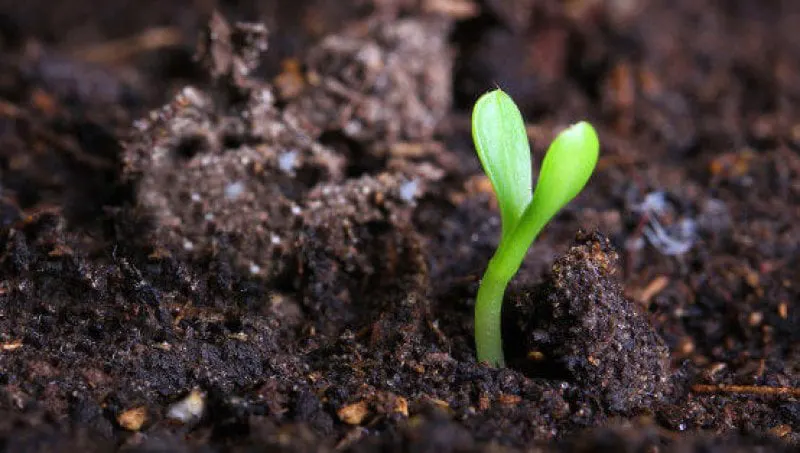Engineering soil bacteria could help develop enhanced, ‘non-GMO’ crops for Europe
Engineering soil bacteria could help develop enhanced, ‘non-GMO’ crops for Europe


Plant breeding – a method of selecting plants from a group that have the desired properties – is central to the debate on how to keep feeding all the mouths in the world responsibly . To date, scientists have focused on the genes in the plant itself …. This process is very time consuming. Researchers at Utrecht University recently found a faster way to improve crops.
Instead of focusing on the genes of the plant, you can also focus on the genes of the bacteria that live around plants. The researchers believe that modifying these genes is not only faster, but also cheaper than traditional breeding.
…
The researchers emphasize that this method is not GMO and can therefore simply be applied in agriculture and horticulture. Why is this so important? Is GMO so harmful? No, says Richard Visser, professor of plant breeding at Wageningen University. “There are no specific problems with GMO. I even dare to say that GMO crops are better controlled than normal crops.” According to Visser, the problem is that GMO in Europe, and also in parts in Africa and Asia, has been put in a bad light by all kinds of protests.
But as far as he is concerned you cannot really call the approach GMO-free. “Formally it is GMO. However, these modifications in bacteria are exempt, because you cannot show the difference between natural and man-made mutations.”
[Editor’s note: This article was published in Dutch and has been translated and edited for clarity.]
Read the original post

 | Videos | More... |

Video: Nuclear energy will destroy us? Global warming is an existential threat? Chemicals are massacring bees? Donate to the Green Industrial Complex!
 | Bees & Pollinators | More... |

GLP podcast: Science journalism is a mess. Here’s how to fix it

Mosquito massacre: Can we safely tackle malaria with a CRISPR gene drive?

Are we facing an ‘Insect Apocalypse’ caused by ‘intensive, industrial’ farming and agricultural chemicals? The media say yes; Science says ‘no’
 | Infographics | More... |

Infographic: Global regulatory and health research agencies on whether glyphosate causes cancer
 | GMO FAQs | More... |

Why is there controversy over GMO foods but not GMO drugs?

How are GMOs labeled around the world?

How does genetic engineering differ from conventional breeding?
 | GLP Profiles | More... |

Alex Jones: Right-wing conspiracy theorist stokes fear of GMOs, pesticides to sell ‘health supplements’




 Trust issues: What happens when therapists use ChatGPT?
Trust issues: What happens when therapists use ChatGPT? California, Washington, Oregon forge immunization alliance to safeguard vaccine access against federal undermining
California, Washington, Oregon forge immunization alliance to safeguard vaccine access against federal undermining Fighting deforestation with CO2: Biotechnology breakthrough creates sustainable palm oil alternative for cosmetics
Fighting deforestation with CO2: Biotechnology breakthrough creates sustainable palm oil alternative for cosmetics Viewpoint — Fact checking MAHA mythmakers: How wellness influencers and RFK, Jr. undermine American science and health
Viewpoint — Fact checking MAHA mythmakers: How wellness influencers and RFK, Jr. undermine American science and health 30-year-old tomato line shows genetic resistance to devastating virus
30-year-old tomato line shows genetic resistance to devastating virus The free-range chicken dilemma: Better for birds, but with substantial costs
The free-range chicken dilemma: Better for birds, but with substantial costs Viewpoint: Video — Big Solar is gobbling up productive agricultural land and hurting farmers yet providing little energy or sustainabilty gains
Viewpoint: Video — Big Solar is gobbling up productive agricultural land and hurting farmers yet providing little energy or sustainabilty gains ‘You have to treat the brain first’:Rethinking chronic pain with Sanjay Gupta
‘You have to treat the brain first’:Rethinking chronic pain with Sanjay Gupta
